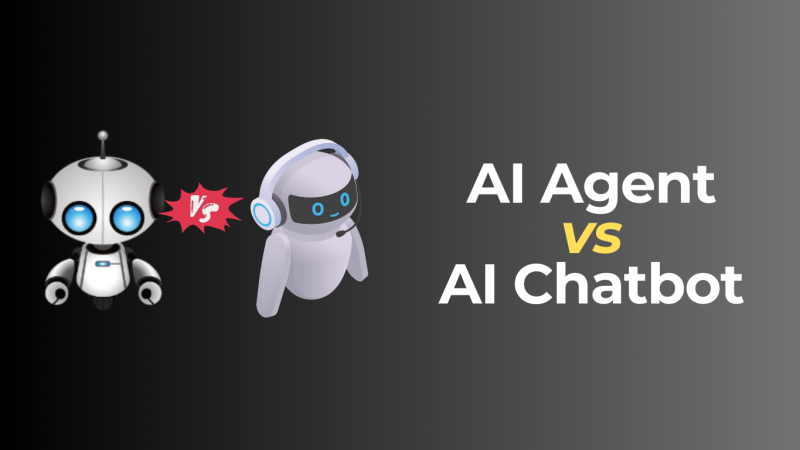How Time Clock Tracker Software Can Streamline Your Employee Management

Efficient employee management is essential for any successful business operation. As companies grow and evolve, the complexities of monitoring attendance, tracking hours worked, and managing schedules can become overwhelming. This is where time clock tracker software comes in, revolutionizing the way organizations manage their workforce. Timeclock365 explores the benefits and functionalities of time clock tracker software and how it can streamline employee management for businesses of all sizes.
What is Time Clock Tracker Software?
Time clock tracker software is a technological solution that automates the process of tracking employee work hours, attendance, and related data. This software replaces traditional methods such as manual time cards, spreadsheets, and punch clocks, offering a more accurate, efficient, and streamlined approach to employee management.
Benefits of Time Clock Tracker Software:
- Accuracy and Precision: Time clock tracker software eliminates human errors associated with manual data entry and calculations. This ensures accurate recording of work hours, reducing discrepancies and disputes.
- Time Savings: Automating time tracking reduces the administrative burden on HR and management. Valuable time that was previously spent on manual processes can now be redirected toward more strategic tasks.
- Real-Time Monitoring: Managers can access real-time information about employee attendance and hours worked. This enables quick decision-making and better resource allocation.
- Flexible Tracking: Time clock tracker software accommodates various work arrangements, such as remote work, flexible schedules, and part-time employment. It adapts to the modern workforce’s diverse needs.
- Compliance and Reporting: The software often comes with compliance features that ensure adherence to labor laws and regulations. It generates accurate reports for payroll processing and audits.
- Cost Savings: By preventing time theft, buddy punching, and inaccuracies, time clock tracker software can lead to cost savings for the organization.
- Employee Accountability: Transparent time tracking fosters employee accountability. When employees are aware that their hours are being monitored accurately, they are more likely to adhere to work schedules.
- Enhanced Communication: Some software solutions offer communication features that allow employees to request time off, swap shifts, and communicate with managers within the same platform.
- Remote Work Management: As remote work becomes more common, time clock tracker software enables employers to manage remote teams effectively, track their hours, and ensure productivity.
Key Features of Time Clock Tracker Software:
- Clock-In and Clock-Out: Employees can log their work hours digitally through clock-in and clock-out features, eliminating the need for physical time cards.
- Geolocation: Some software includes geolocation tracking, which verifies that employees are working from approved locations.
- Biometric Recognition: Advanced solutions offer biometric options like fingerprint or facial recognition, preventing time fraud and unauthorized clock-ins.
- Scheduling: The software often integrates with scheduling tools, allowing managers to create, assign, and update employee schedules in real-time.
- Overtime and PTO Tracking: The software calculates overtime, tracks paid time off (PTO), and tracks leaves, ensuring accurate compensation and efficient absence management.
- Integration: Many time clock tracker software solutions integrate seamlessly with payroll systems, simplifying the payroll process and reducing errors.
- Custom Reporting: Businesses can generate customized reports based on attendance data, facilitating better decision-making and analysis.
- Notifications: Automated notifications can remind employees to clock in or out, alert managers to potential scheduling conflicts, and keep everyone on track.
Implementation and Adoption:
Implementing time clock tracker software requires careful planning and employee training. A successful transition involves:
- Training: Employees and managers should be trained on using the software effectively, ensuring smooth adoption.
- Clear Communication: Transparent communication about the new system’s benefits and functionalities will encourage employee cooperation.
- Customization: Customize the software to match the organization’s unique needs, including shifts, departments, and pay rates.
- Feedback and Adjustments: Regularly gather feedback from employees and managers to address any issues and make necessary adjustments.
Choosing the Right Solution:
Selecting the appropriate time clock tracker software requires considering the organization’s size, industry, and specific requirements. Compare features, pricing, integration capabilities, and customer support before making a decision.
Conclusion:
Time clock tracker software has revolutionized employee management by streamlining time tracking, attendance, and scheduling processes. Its accuracy, efficiency, and ability to adapt to various work arrangements make it an invaluable tool for businesses seeking to optimize their workforce management practices. As organizations continue to evolve, embracing technology-driven solutions like time clock tracker software becomes crucial for maintaining a competitive edge and achieving operational excellence.






